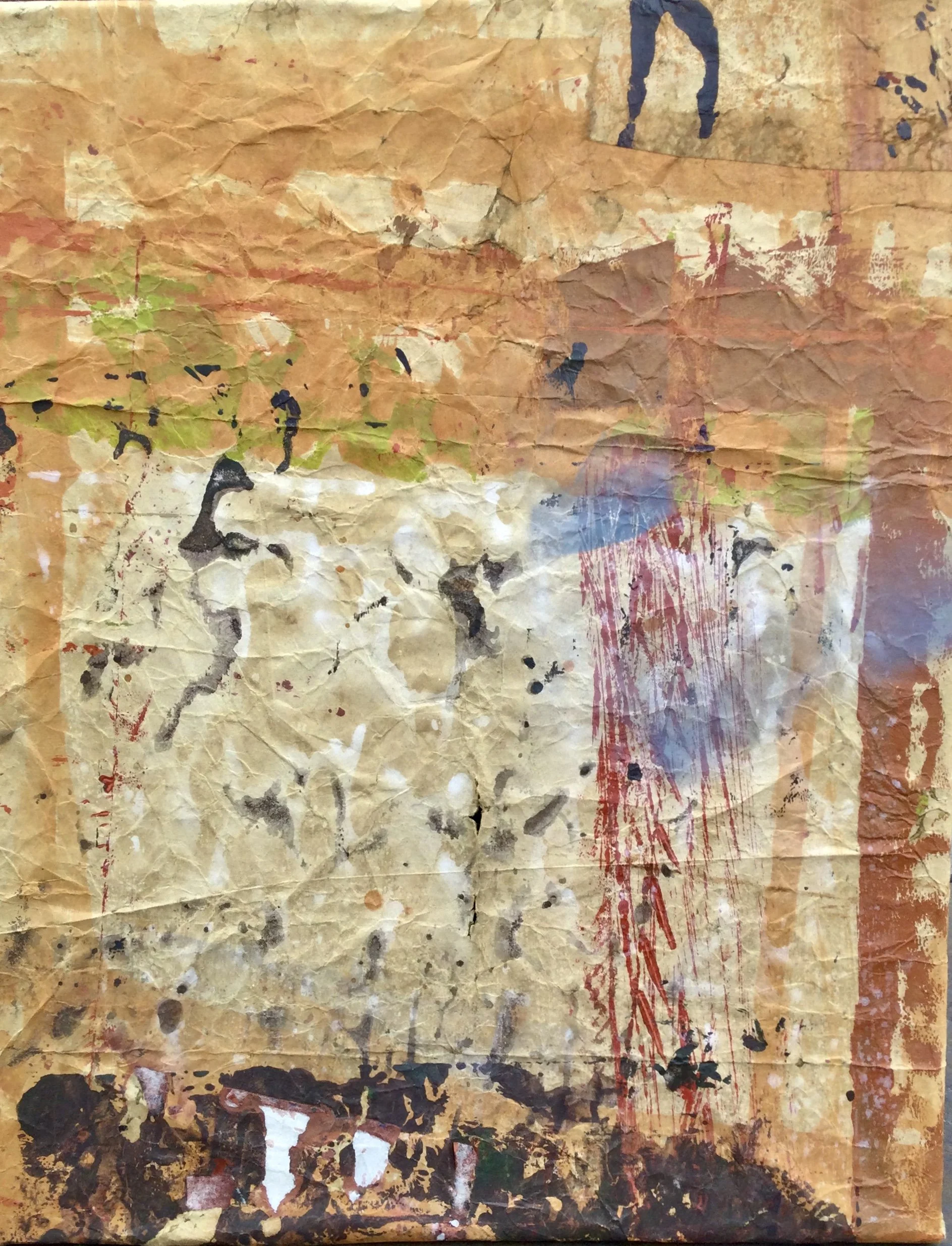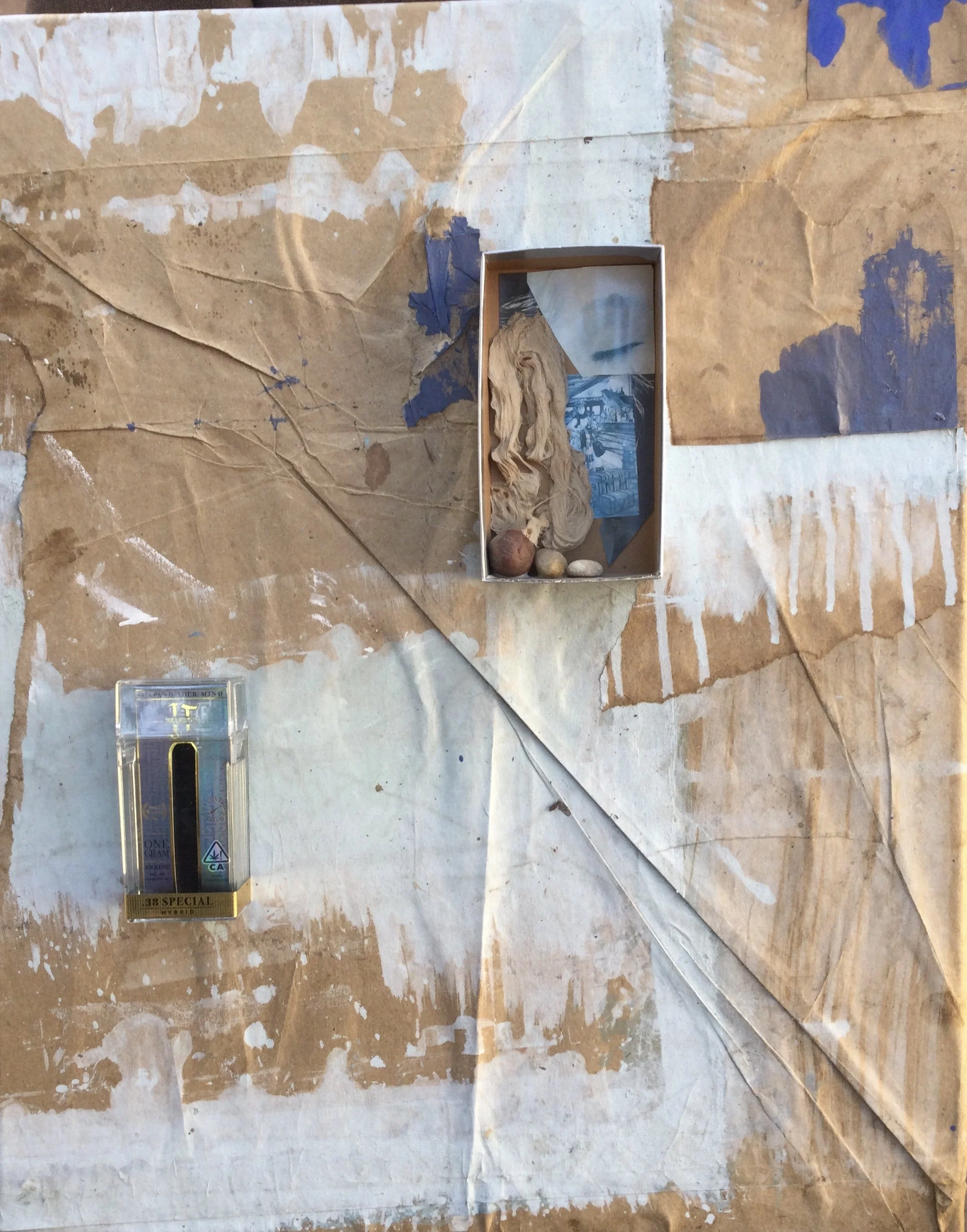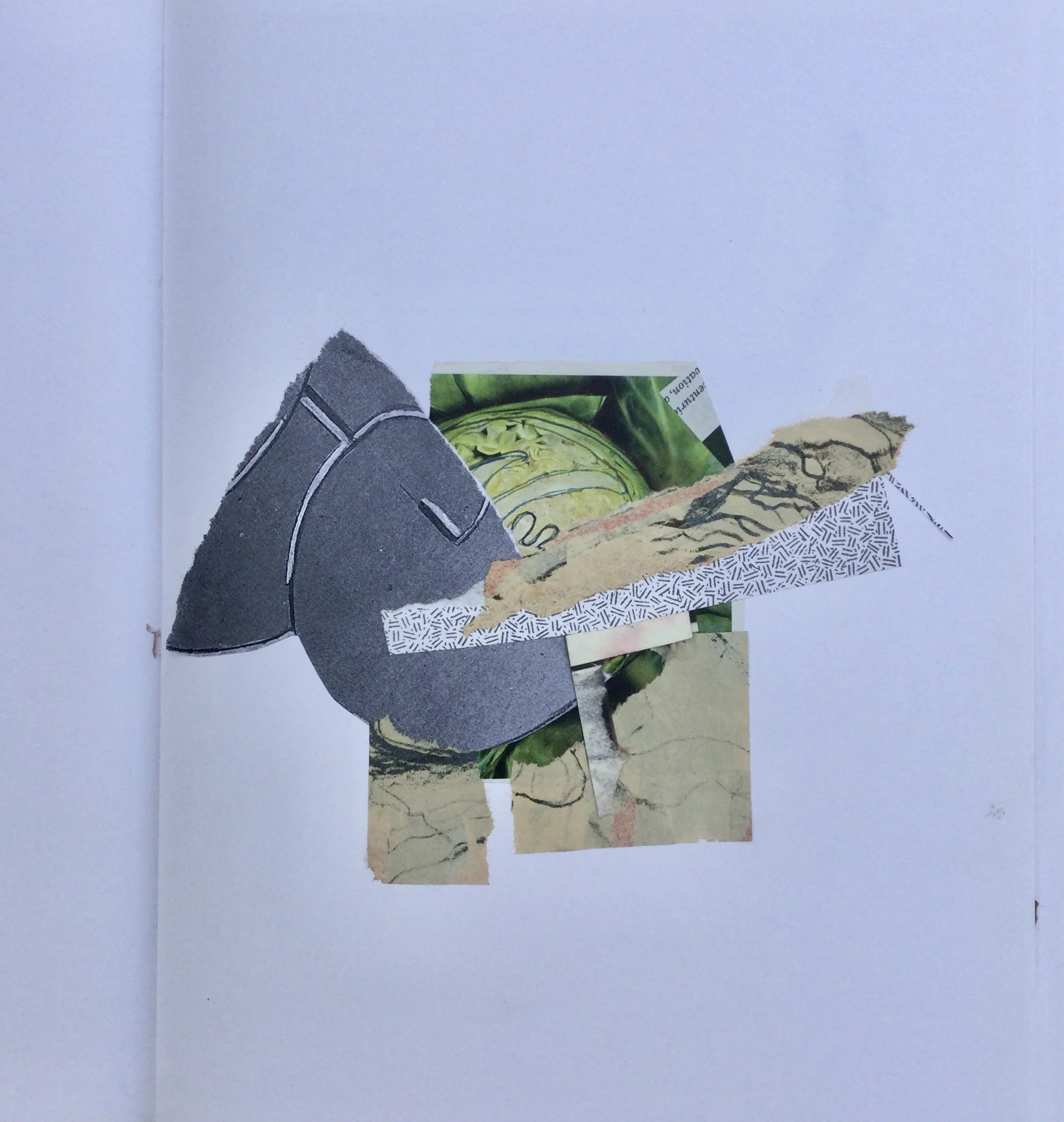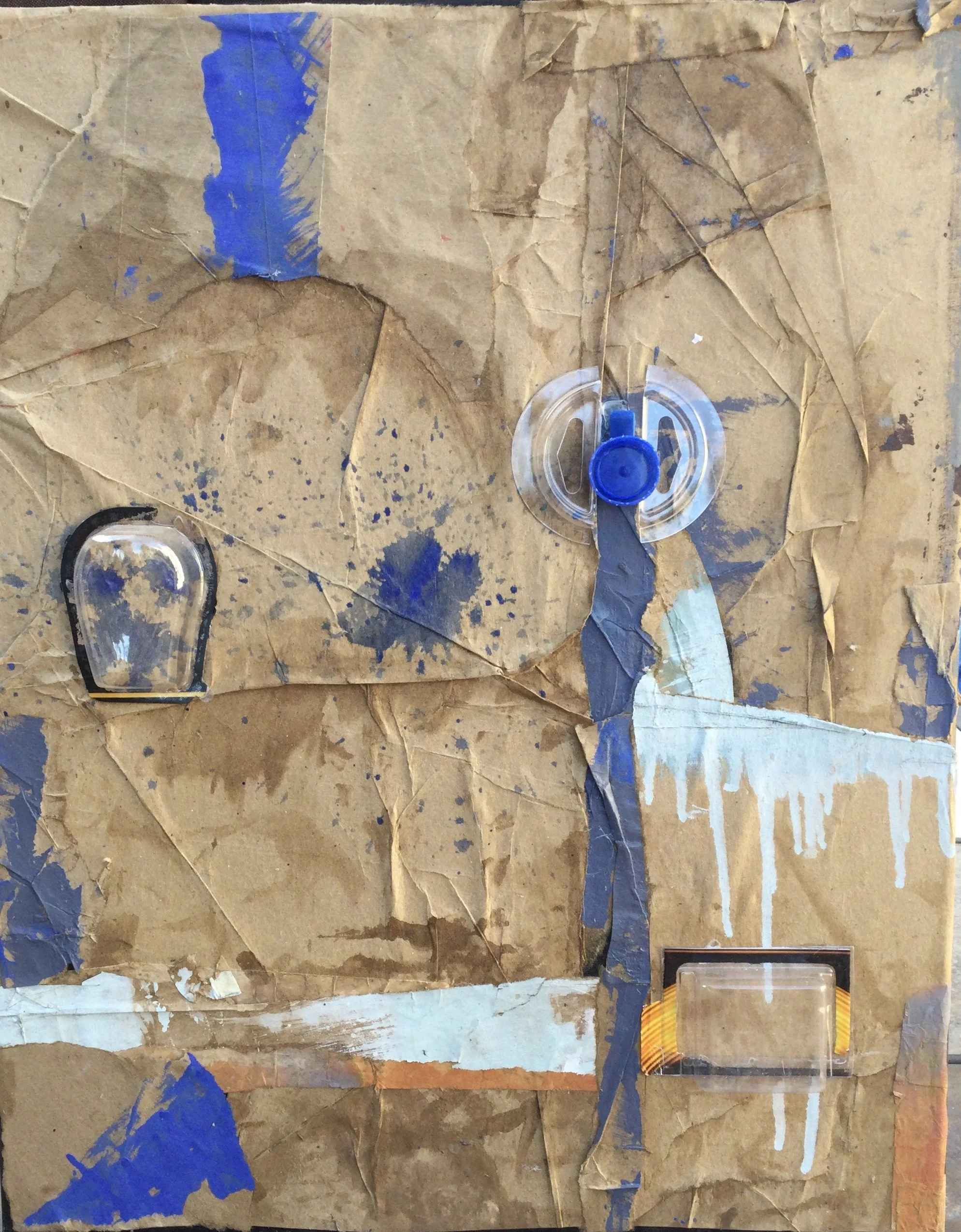Artist at Work: An Interview with Larry Delinger
Larry Delinger is one of the premier composers of contemporary music in the United States. His compositions cover a wide range of styles, from his King Lear Sonata for Trumpet and Organ to his intimate solo piano pieces Open Endgames. His more abstract works include Orange and Lemon for marimba and soprano and Studies in Light for soprano and chamber orchestra. He has composed three operas, Medea, Talk To Me Like The Rain and Let Me Listen and Amelia Lost. Among his many published compositions are Elegy for John Lennon, Brass Rings, King Lear Sonata, Paradox, Nightwalls, The Philosopher and the Sunrise, Lachrymae and Passages for Brass Trio.
He has received many commissions for new works from the California Brass Quintet , University of Northern Colorado, Coastal Access Music Alliance, Varian, San Jose Chamber Orchestra , Denver Municipal Band, and Knaben Kantrei in Basel, Switzerland. He has composed incidental music for over one hundred productions for theatres in the United States and Europe, including the Old Globe Theatre, Mark Taper Forum, Berkeley Repertory Theatre, Oregon Shakespeare Festival, American Conservatory Theatre, Denver Center Theatre, Cleveland Play House, National Actors Theatre, and the Oslo Nye Theater in Norway. His score for Julius Caesar was presented at the 2003 Prague Quadrennial.
He has received eleven Drama-Logue Critics Awards for Outstanding Theatre Music and the Distinguished Service Award from Chadron State College.
I first met Larry in 1986, when I was a student at the Pacific Conservatory of Performing Arts. His approach to work and life had a profound effect on me, and being able to re-connect with Larry after many years has been a great gift. I wanted to understand more about Larry’s practice, both as a composer and as a visual artist, and he was generous enough to answer my questions and share his thoughts. We corresponded in June and July of 2022, and these are the reflections that emerged, in Larry’s words.
What are you working on?
I am working on a new opera. The Bacchae. Brad Carroll is writing the libretto. We’ve adapted the Euripides play of that name to our own needs. We’ve been working on it for about two years. Writing an opera is a bit like writing a novel
I’ve written incidental music for two productions of the play, the first at PCPA and the second for the Denver Center Theatre Company, which was a modern version of the story.
My process, goes something like this:
1. Have a plan but be ready to abandon it. When I begin a composition whether large or small, I begin with an idea. If it is an opera or songs which have words, the words will be my guide. Although there Is always that “other,” over and above anything else. That is Intuition or imagination. I let that guide me. Usually from those sometimes rather vague feelings come the thread of an idea which, if followed may take me in quite a different place than I imagined. When that occurs, I go sideways which leads to another surprise or disaster. Then I abandon the plan and either begin again or let it lead me to another place.
2. Work intuitively but with experience. Intuition or imagination is so important. It’s the child in us and is the main ingredient of a work of Art. But, without a mastery of the craft of composition, intuition/imagination dies on the vine.
3. The need to embrace accidents. This is connected to working intuitively. Many times I’ll play what I’ve written on the piano and a finger will slip and it will be more interesting than what I have written. It’s important to take advantage of accidents. Trust the unconscious self.
4. Process over product. I am much more interested in MAKING things rather than MADE things. When it’s made, it doesn’t belong to me anymore.
My first composition teacher said to me that many times we are emotionally moved by events, such as a beautiful sunset, or The Grand Canyon etc. but one cannot write about it directly. We must let this inform our emotional life so that it may become part of the creative life. We must also use the difficulties that we experience, again, not directly. We are such an amalgamation of questions paradoxes, anger, laughter and all the impulses that make us human and feed our imagination which fuels th need to make Art. This is how the other aspects of my life relate to the experience of my work.
My work as a composer for the theatre has probably had the most influence on me, and has shaped my approach to it. It’s certainly why I have written six operas and am working on a seventh. I love collaborating and working with text.
I had begun to compose for the theatre before I studied composition formally. Later I studied privately in Los Angeles and after that in Santa Barbara.
Generally, for the most part, the music is short in duration but must communicate another unspoken layer of emotion or meaning to the scene. Those were great lessons. I learned how to communicate with directors and how to advance the plot without disrupting the scene.
Short pieces of music are perfect for the theatre and I still enjoy writing miniature compositions which, hopefully are like good poems, held solidly together by the content and the structure.
Theatre music is more forgiving and was a perfect way for me to learn the craft of composition and orchestration.
I love to collaborate on projects. It comes from forty years or more work in the theatre. I was lucky enough to work with outstanding Directors who introduced me to great playwrights and wonderful possibilities of how a play could be brought to life.
It’s such an aesthetic rush to see one’s ideas enhanced by another’s vision and in the theatre it begins with the playwright then the director, set and costume designers, light designer and composer. Each Artist contributes to the larger goal that the director presents. I learned so much from these creative minds. Enough to make it possible for me to compose operas and know that all of those elements would be a part of what I had conceived.
Collaboration is inevitable when I think about it on a larger scale. I am collaborating in a sense, with Bach, Stravinsky, Ravel, Debussy, Thelonious Monk, Duke Ellington Frank Zappa, Joni Mitchell, and many more who came before me. It’s virtually endless. Their discoveries become a part of my own creative process. I also have at my fingertips the technology of today which puts me in touch by YouTube and other sites, with composers, artists, choreographers etc. who are exploring similar territories.
A typical day for me is whatever comes up. I don’t have a schedule for when I compose. In fact, when I begin a composition, it’s lodged in my mind and I’m constantly composing but I’m not necessarily in the studio. I’ll make sketches and then let them sit while I go over them in my mind, my imagination may come to play and that’s when I feel best about the possibilities. It’s my music, I can do anything I want. These are the best periods because there’s little judgement.
It’s impossible to compose and judge at the same time. Judgement comes later. Either by yourself, or others. Or both.
To give you a sample of what I’m reading, I’ll give you what’s on my bed stand now. I always have many books that I’m reading. Some of them, seriously straight through, others just a chapter or two because I’ve already read it. I’ll also mention some favorite authors.
Here’s what I see: Alice Neel, by Phoebe Hoban, a biography of an American portrait artist who fascinates me both for her paintings and her stubborn Bohemian outlook on life.
Reality Is Not What It Seems by Carlo Rovelli about Quantum Gravity. Not that I truly understand it on the scientific level but it feeds my imagination because advanced physics moves closer to the void.
That brings me to Beckett Remembering Remembering Beckett. In some ways, I see Beckett being similar to quantum gravity. He constantly places us between the rock and a hard place, that paradox of the moment we were born is the moment we are dying. Science has proven that time and space are relative and only this moment is defined. Which brings me to my study of Zen Buddhism from Joko Beck many years ago. I’m not sure that has much relevance for anyone but myself.
Yoko Ono An Artful Life. This book was written by a Facebook friend. She has always interested me. I knew of her long before she was involved with John Lennon, when she was married to an Avant-garde Japanese composer, Toshi Ichiyanagi.
Conquest Of The Useless Reflections from The Making Of Fitzcarraldo by Werner Herzog, because I love his movies and his writing.
An author I go to for constant thought provoking ideas is Lewis Hyde. Two favorites are, Trickster Makes This World and A Primer For Forgetting.
There are so many more, I haven’t even mentioned poetry, there’s so much, including yours and Edward’s, which I find useful as windows into my own creative ideas. They light a little fire in my imagination by revealing formal structures in a very loose way. Offhand I will mention Frank O’Hara, Robert Creely, Diane Di Prima because I have set their verses to music.
Making collages and composing music go hand in hand. The disciplines talk to each other. I was a composer before I became a collage artist. Robert Rauschenberg and Joseph Cornell were two artists who initially caught my eye. Years ago I attended a retrospective exhibition of Rauschenberg’s work where I saw these shirt boards (small cardboard rectangles) that were collaged in various ingenious ways. What struck me was how they spoke to me. They taught me how to work. Find the magic in the mundane. It works for music as well.
My first composition teacher told me, that to compose a song is the same as composing a symphony. By that, he meant that the same problems exist on how to use the material to make a cohesive composition. I spent a great deal of my beginning years doing just that. I would find a poem that moved me and with my burgeoning skill, compose a song that spoke to me. Or didn’t.Those first creations were touch and go. To clarify, I was in my late twenties when I found my first teacher. I never studied composition in college.
Writing short cues for the theatre is not the same. The music is more immediate to the theatrical situation. The music shouldn’t be developed, that’s the task of the words and action onstage.
Its usefulness for me was mostly the constant practice of putting notes on the page and having fine musicians play them. Many of those musicians asked me if I would compose a piece for them which gave me great pleasure and a way to develop my compositional skill.
I thought perhaps I should write something about my early life, and how I think it propelled me toward a creative life. I thought about this when I posted a picture of the Nebraska Sandhills on my Facebook page. The town where I was born and grew up in had a population of 449 people.It was more like living in a tribe. I could walk up the hill from our house and be in a place where the only view was low rolling hills. Sand dunes with grass on them. 150 million years ago give or take a few the Rocky Mountains rose up and forced the water out over what became the high plains. The water sank into the sand and created the largest underground ocean in the world called the Ogallala aquifer.
I wasn’t aware exactly what I was about, but the land along with family, friends, teachers slowly molded me into what I am now. Living so close to the earth and the natural world gave me such a profound sense of how to live. Much of what I’m writing is hindsight. Some of it I’m seeing much more clearly in my old age.
You can listen to Larry’s work on his Soundcloud, watch and listen to his Lacrymae for solo trumpet, and watch and listen to “Amelia Lost”




